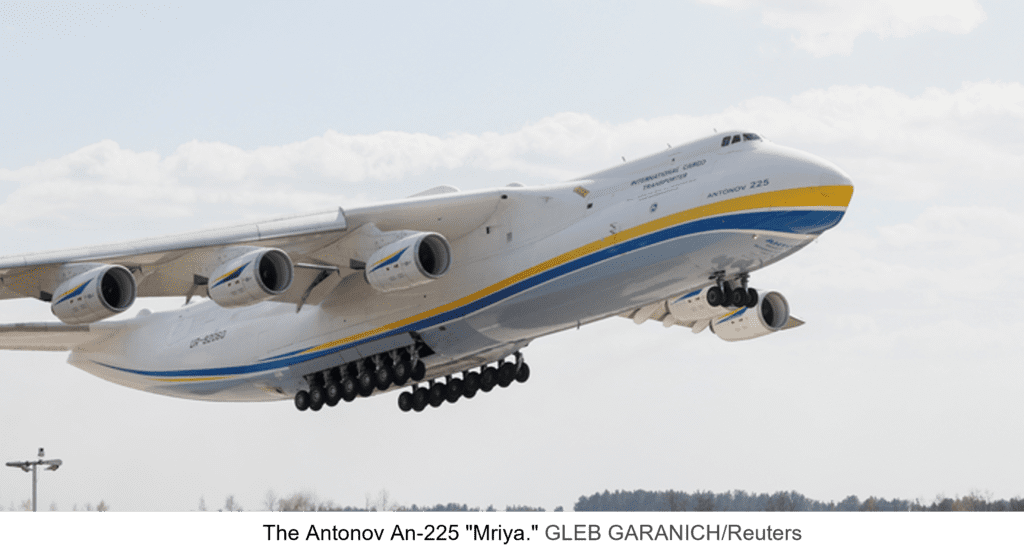 I believe many of us are spending an abundance of time reading about the Russia-Ukraine war. It is certainly worthy of our concerns as individuals. But the topic is also of significance to supply chain practitioners. In fact, supply chains are being impacted directly by the war and by the sanctions being put in place in response. For example, the rapid increase in the price of oil to over $100 a barrel for WTI is sure to result in additional inflation in our current inflationary environment. There is potential for oil and gas supply shortages to occur as well. Of course, fuel shortages can cause factory production delays that can subsequently hinder downstream production processes. But potential supply chain disruptions go well beyond fossil fuels. Russia and Ukraine both provide exports that serve as inputs to many international companies. For example, Volkswagen is halting production at two electric vehicle plants in Germany as a result of interruptions of components sourced from Ukraine.
I believe many of us are spending an abundance of time reading about the Russia-Ukraine war. It is certainly worthy of our concerns as individuals. But the topic is also of significance to supply chain practitioners. In fact, supply chains are being impacted directly by the war and by the sanctions being put in place in response. For example, the rapid increase in the price of oil to over $100 a barrel for WTI is sure to result in additional inflation in our current inflationary environment. There is potential for oil and gas supply shortages to occur as well. Of course, fuel shortages can cause factory production delays that can subsequently hinder downstream production processes. But potential supply chain disruptions go well beyond fossil fuels. Russia and Ukraine both provide exports that serve as inputs to many international companies. For example, Volkswagen is halting production at two electric vehicle plants in Germany as a result of interruptions of components sourced from Ukraine.
Beyond Fossil Fuels
According to the Observatory of Economic Complexity (OEC), Ukraine’s top exports (2019) are agricultural commodities such as wheat, corn, and seed oils; iron ore, and iron. Its largest export markets are Russia, China, Germany, Poland, and Italy. So product supply shortages from Ukraine will most substantially affect agricultural commodities and metals. However, Ukraine’s service economic is substantial as well. The country’s major service export sectors include air transport; business, professional, and technical services; sea transport, and information services. I was unaware of Ukraine’s prominent air transport presence. However, I did see reports on the destruction of Ukraine’s Antonov An-225, the world’s largest cargo aircraft. According to The Spectator, Ukraine “occupies a niche at the very heavy end of the industry.” Antonov also produced a number of slightly smaller, but still substantially large load capacity aircraft known as An-124s. Of course, the banning of airspace above Russia could also certainly take efficiencies out of some air routes – as Russia is the largest country in the world.
Then There is Cyber
On Monday, Toyota Motor Corp announced that it was suspending domestic factory operations the next day after one of its suppliers was hit by a cyber-attack. Although there is no evidence that the cyber attack was related to the Russia-Ukraine conflict, it did occur just after Japan announced that it would block some Russian banks from accessing the SWIFT international payment system. Cyber-attacks have the potential to disrupt many functions within our advanced economies, and these disruptions can trigger supply chain disruptions. Payments systems, electricity distribution, communications, and other systems are all vulnerable to cyber attacks to some extent.
International shipping has faired well so far. Transportation obstacles have mostly been limited to three reported attacks in the Black Sea, airspace restrictions, and separation of Russian transportation from much of the West. But I imagine that efficiencies will suffer, delays will increase, and costs will rise. Let’s hope for diplomatic progress.
















